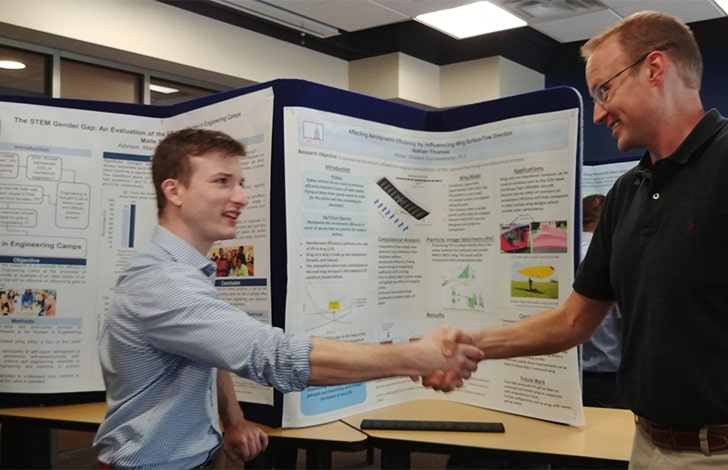Yes, a married couple can apply for medical assistance separately under certain circumstances, depending on the program and state regulations. This can benefit spouses with differing income levels or medical needs.
In this article, we’ll explore an important question: “Can a married couple apply for medical separately?” We’ll discuss when it’s possible, the benefits, and key factors to consider. Whether for financial reasons or personal preferences, we’ve got the answers you need!
Understanding Medical Applications for Married Couples:

Medical assistance programs, including Medicaid, Medicare, and Affordable Care Act (ACA) marketplace plans, often evaluate eligibility based on household income and circumstances. In general, these programs assume that married couples living together will apply as a single household. However, there are instances where applying separately is permitted or even beneficial.
Key considerations include:
- The type of medical program (e.g., Medicaid, long-term care assistance, ACA marketplace).
- Whether the couple lives together or apart.
- The couple’s combined income and assets.
- State-specific rules and eligibility criteria.
The Role of Household Income:
For most programs, the combined income of a married couple is considered in determining eligibility. This is especially true for Medicaid, which uses the Modified Adjusted Gross Income (MAGI) method to calculate eligibility. However, some programs may evaluate individual income, particularly if the couple is separated or applying for different types of assistance.
When Can Married Couples Apply Separately?
While joint applications are the default for most programs, there are exceptions where separate applications are allowed. Below are the most common scenarios:
Different Program Requirements:
Some medical assistance programs cater to individual needs. For example:
- Long-Term Care Medicaid: This program often evaluates the spouse applying for long-term care assistance independently, especially if the other spouse does not require care.
- Medicare: Since Medicare is an individual benefit, married couples apply separately regardless of their living arrangements or financial circumstances.
Also Read: Why Are There 2 Rutgers Medical Schools – Rutgers Medical Schools Overview!
Living Apart or Legally Separated:
If a married couple lives in separate households or is legally separated, they may qualify to apply independently. Proof of separate living arrangements, such as lease agreements or utility bills, may be required. This ensures that each spouse is evaluated based on their individual financial and medical situation. Living apart allows for more flexibility in eligibility for various medical programs.
Different Insurance Needs:
When one spouse has access to employer-sponsored insurance or another form of coverage, the other spouse may need to apply for individual coverage. This is common in households where one partner is self-employed or uninsured.
State-Specific Medicaid Rules:
Certain states have more flexible Medicaid eligibility rules, allowing married individuals to apply separately under specific circumstances. For example:
- Community Spouse Rule: In some Medicaid programs, the spouse remaining at home is allowed to keep a portion of the couple’s income and assets, while the other spouse applies independently for long-term care assistance.
Factors That Affect Separate Applications:

Understanding the factors that influence separate applications can help married couples make informed decisions.
Income and Asset Assessment:
Programs like Medicaid and ACA marketplace plans generally require income documentation for the entire household. Separate applications may be possible if:
- The couple is legally separated or living apart.
- One spouse’s income is significantly lower, making them eligible for assistance.
Tax Filing Status:
Tax filing status can impact eligibility for programs like ACA marketplace plans. Couples who file taxes jointly are usually treated as a single household, while those filing separately may qualify for individual evaluations.
Medical Necessity:
In cases where one spouse has higher medical needs (e.g., requiring long-term care), programs like Medicaid often evaluate their eligibility separately, allowing the other spouse to retain assets or income.
Also Read: Algia Medical Term – You Should Know!
Living Arrangements:
Living arrangements play a significant role. Couples living under the same roof are generally assessed together, while those living apart may have more flexibility in applying separately.
Steps to Apply for Medical Assistance Separately:
If you’re considering separate applications, follow these steps to ensure a smooth process:
Evaluate Your Needs:
Determine whether both spouses require medical coverage or if one already has coverage through an employer or another source.
Research Program Rules:

Review the eligibility criteria for the program you’re applying to. Medicaid, for instance, has different rules for individuals and couples.
Gather Documentation:
Collect all necessary documents, including:
- Proof of income (pay stubs, tax returns).
- Proof of residency or living arrangements (leases, utility bills).
- Medical records, if applicable.
Consult Your State’s Medicaid Office:
Contact your state’s Medicaid office or a licensed insurance navigator to get clarification on whether separate applications are permitted.
Complete the Application Process:
Submit accurate and complete applications for each spouse, ensuring that required information about household income or living arrangements is provided.
Also Read: WNL Medical Abbreviation – A Complete Breakdown!
Pros and Cons of Applying Separately:
Pros:
- Better Eligibility: Separate applications may help the spouse with lower income qualify for assistance.
- Customized Coverage: Tailored plans can address individual medical needs.
- Income Exclusions: Certain programs exclude one spouse’s income when evaluating the other.
Cons:
- Complex Process: Applying separately often requires more documentation and effort.
- State-Specific Rules: Not all states allow separate applications for certain programs.
- Potential Overlap: Errors in reporting household income could delay approvals.
FAQ’s
1. Can a married couple apply for medical assistance separately?
Yes, depending on the program and circumstances, such as differing incomes, living arrangements, or medical needs.
2. What situations allow married couples to apply separately?
Scenarios include legal separation, living apart, different program requirements, or state-specific Medicaid rules.
3. Does applying separately affect eligibility?
Yes, separate applications may help one spouse qualify for assistance based on individual income or medical necessity.
4. What programs allow separate applications?
Programs like Medicare, certain Medicaid plans, and ACA marketplace insurance may allow separate evaluations.
5. What factors influence separate applications?
Factors include income, tax filing status, medical needs, and state-specific rules for Medicaid or similar programs.
Conclusion
Married couples may apply for medical assistance separately depending on state regulations, program guidelines, and personal circumstances. This can offer financial relief and tailored coverage for households with different incomes or medical needs. To explore your options, consult a Medicaid specialist or healthcare navigator. Understanding the rules and preparing thoroughly ensures the best choices for your family’s health and finances.

Leave a Reply